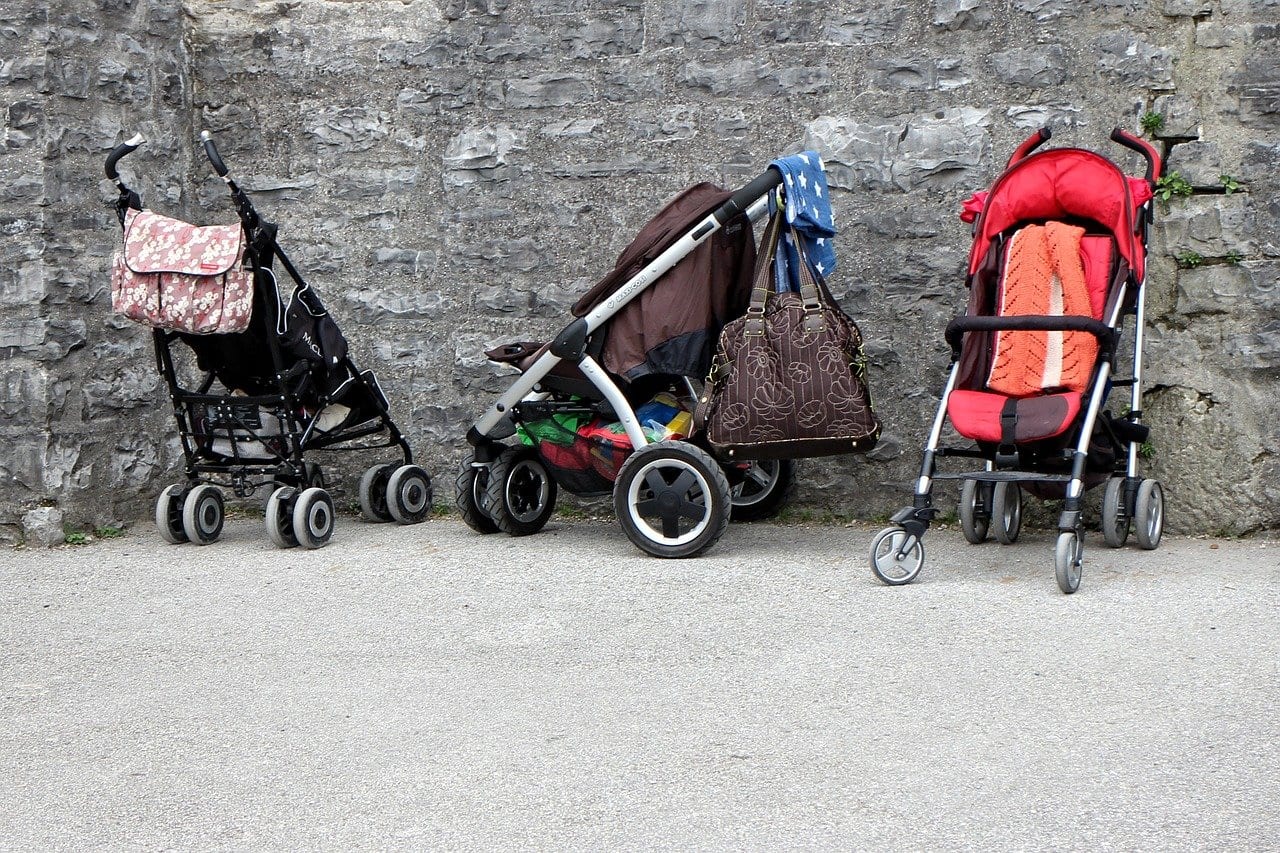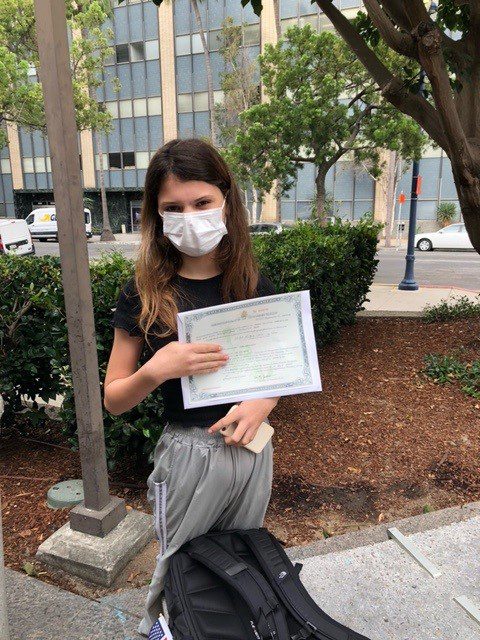According to the Immigration and Nationality Act (INA) a child as a person who is 1) unmarried and 2) under the age of 21 years old.
If someone applies for a Green Card as a child but he turns 21 before his application is approved, that person can no longer be considered a child for immigration purposes. This situation is commonly referred to as “aging out” and often means that these applicants would have to file a new petition or application, wait even longer to get a Green Card, or may no longer be eligible for a Green Card.
The U.S. Congress has recognized that many children were aging out due to long USCIS processing time, so they enacted the Child Status Protection Act (CSPA) to protect certain children from aging out. The CSPA went into effect on August 6th, 2002.
CSPA does not change the definition of a child. Instead, CSPA provides a method for calculating a person’s age to see if they meet the definition of a child for immigration purposes.
The calculated age is the child’s “CSPA age.” This allows some people to remain classified as children beyond their 21st birthday. However, CSPA does not change the requirement that you must be unmarried to remain eligible for classification as a child.
Your CSPA age is the result of subtracting the number of days that the immigrant visa petition was pending with USCIS (from date of receipt to date of approval, including any period of administrative review) from the actual age of the applicant on the date that the visa became available.
The equations to calculate the CSPA age is:
The child’s age on visa availability date – (The child’s Age on date petition was approved – The child’s Age on date petition was received by USCIS) = CSPA age
All said and explained in this article does not constitute a legal opinion and does not replace legal advice. Responsibility for using the wordings and opinions conveyed in this article relies solely and entirely on the reader.
This article was written by Dotan Cohen Law Offices, working in the field of immigration law in the United States, Canada and Australia.




